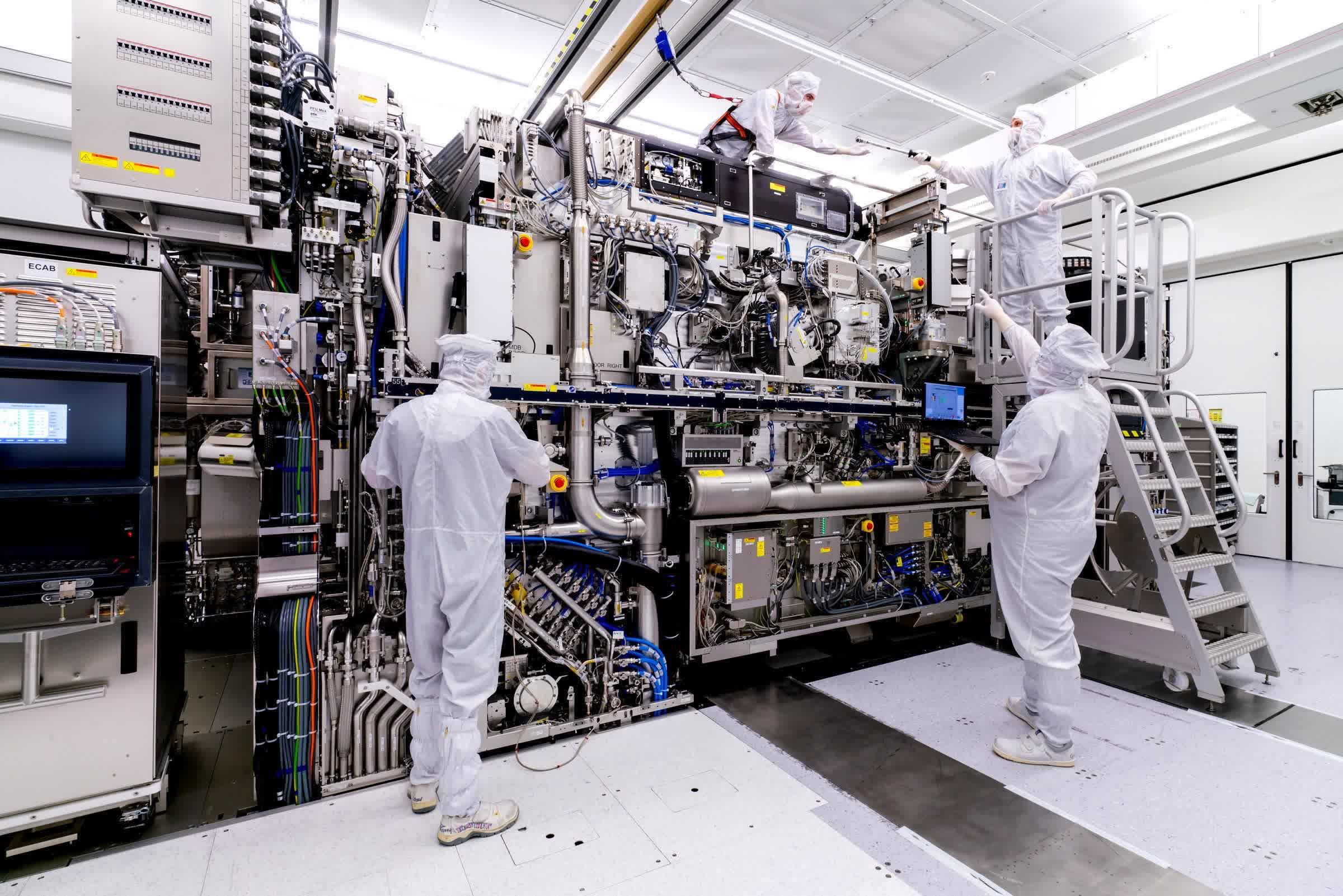The big picture: TSMC isn’t exactly located in an ideal region as it relates to geopolitical issues. Some believe China could attempt a hostile takeover of the chipmaker at any time, a move that could wreak havoc on global economies and push the country even closer to war with the US.
Should matters escalate to that level, it is believed that TSMC would be safeguarded one way or another. Sources familiar with the matter told Bloomberg that ASML, the Dutch company that manufactures the extreme ultraviolet machines used to make advanced chips at TSMC, has remote kill switches in place to disable production should things go south. The company has even run simulations on what a possible invasion might look like, the people said.
In reality, the companies likely wouldn’t ever have to remotely disable the machinery.
TSMC is a massive operation that requires resources from the global supply chain to operate. Should something happen to the facility in Taiwan (like a takeover by China), partners would simply halt all shipments and the whole operation would grind to a halt.

Advanced machinery also requires specialized workers to operate, and it’s unlikely that China would be able to simply pick up where TSMC employees left off.
The US may also play a role in the matter should a takeover happen. According to US Commerce Secretary Gina Raimondo, the US currently buys 92 percent of its leading edge chips from TSMC. Any disruption here would be “absolutely devastating,” Raimondo added.
The threat of TSMC falling into China’s hands has led some to believe that the US would go as far as to destroy facilities to prevent China from resuming production. Such a move would no doubt elevate tensions between the two countries, so hopefully we’ll never have to realize what that would look like.
TSMC, meanwhile, is in the process of bringing some of its operations to the US. The company recently received $11.6 billion as part of the US Chips Act to build a third facility in Arizona.

